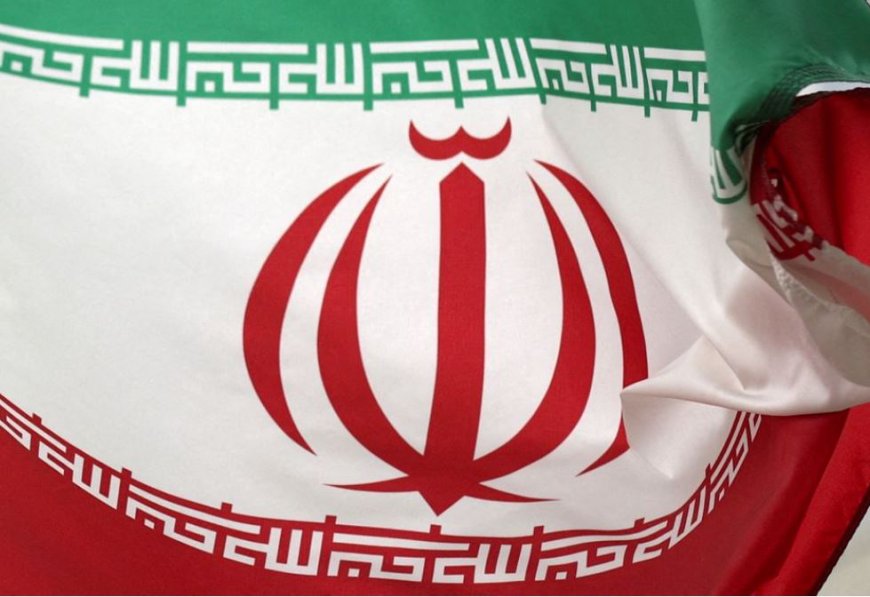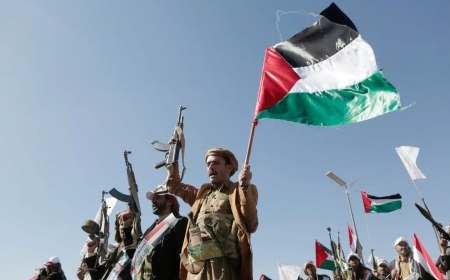Cross-Border Resistance Front

From its inception, the Islamic Republic of Iran garnered attention not only from governments but also from various nations due to the revolutionary movement that led to its establishment. The international community greeted the Islamic revolution with varying degrees of enthusiasm. One of the most significant impacts of the Iranian revolution on the global stage was the resurgence of Islamic values and awareness. The triumph of the Islamic Revolution demonstrated that religions, particularly Islam, have not reached the end of their relevance in the face of modernization. Instead, they are once again being seen as a crucial means to combat tyranny and the increasing materialism of the world. This movement was profound and appeared to halt abruptly.
During the years following the victory of the revolution, Iran has endeavored to create a new discourse in the international system that opposes oppression and shifts the balance of power in favor of oppressed groups and nations. This discourse has now become the main discourse of resistance worldwide.
The Leader of the Islamic Revolution, Imam Khamenei, has recognized this in a letter he wrote to young American students, stating: "Dear university students in the United States of America, this message is an expression of our empathy and solidarity with you. As the page of history is turning, you are standing on the right side of it.You have now formed a branch of the Resistance Front and have begun an honorable struggle in the face of your government's ruthless pressure—a government which openly supports the usurper and brutal Zionist regime."[1]
The Axis of Resistance is a political term that was first proposed by the Libyan newspaper (in Arabic Al-Zahf al-Khidr) in response to George W. Bush's 2002 mention of countries he called the "Axis of Evil." These countries are essentially part of the axis of resistance against the United States' efforts to dominate other nations.
The Axis of Resistance is a regional geopolitical coalition composed of governmental actors (Iran, Syria, and Iraq) and non-governmental actors (Hezbollah, Hamas, Islamic Jihad, and Yemen's Ansarullah) who share common national and ideological interests, with Iran at its center.
The birth of the ideology of resistance can be traced back to the resilience of the Palestinian nation. Unlike the Palestine Liberation Organization, which focused on negotiations, the Palestinian people successfully stood against the Zionist regime. The resistance of the Palestinian people against the occupying regime of Jerusalem is the main pillar and embodiment of this ideology.
In fact, resistance is an asymmetric battle that is linked to the vulnerability of powerful enemies. Perhaps today, resistance is the only force superior to Israel and America. The events following the Hamas-Israel war on October 7 in Western countries, particularly the United States, along with the popular and student protests, have highlighted the validity of Seyyed Ali Khamenei's letter. Now, resistance, especially the Palestinian resistance, has representatives in dominant countries who serve as the voice of the fight against oppression.
Therefore, today the Axis of Resistance is not just a regional discourse, but it has spread globally. The remarkable thing is that the number of people who follow this ideology is increasing day by day.
It is true that the Islamic Republic of Iran, through its revolution, was able to instill self-belief and confidence in oppressed nations. However, the West and the arrogant system have made great efforts to weaken and destroy Iran's Islamic ideology through an ideological war, discrediting it and rendering it ineffective in the political and international spheres. As a result, political Islam has often been unfairly associated with militancy, violence, and terrorism, seen as incapable of addressing the political and social challenges of modern society. Yet, what global public opinion is witnessing today is the realization that the international order is unjust, illegitimate, and biased towards the West.
This is particularly evident amidst the escalating massacres in Palestinian territories by Israel, with only the resistance front standing in solidarity with the oppressed Palestinians, while the West supports the oppressive Israeli regime with financial aid and weapons. This reality has awakened the consciousness of people worldwide. Although many students in European and Western countries, especially in the United States, may have been unaware of political Islam in the past, recent events have prompted them to recognize the difference between right and wrong in the ongoing struggle. As the wise leader of the Islamic Revolution of Iran has stated, it is crucial to stand on the right side of history.
[1] https://english.khamenei.ir/news/10823/As-the-page-of-history-is-turning-you-are-standing-on-the-right













































